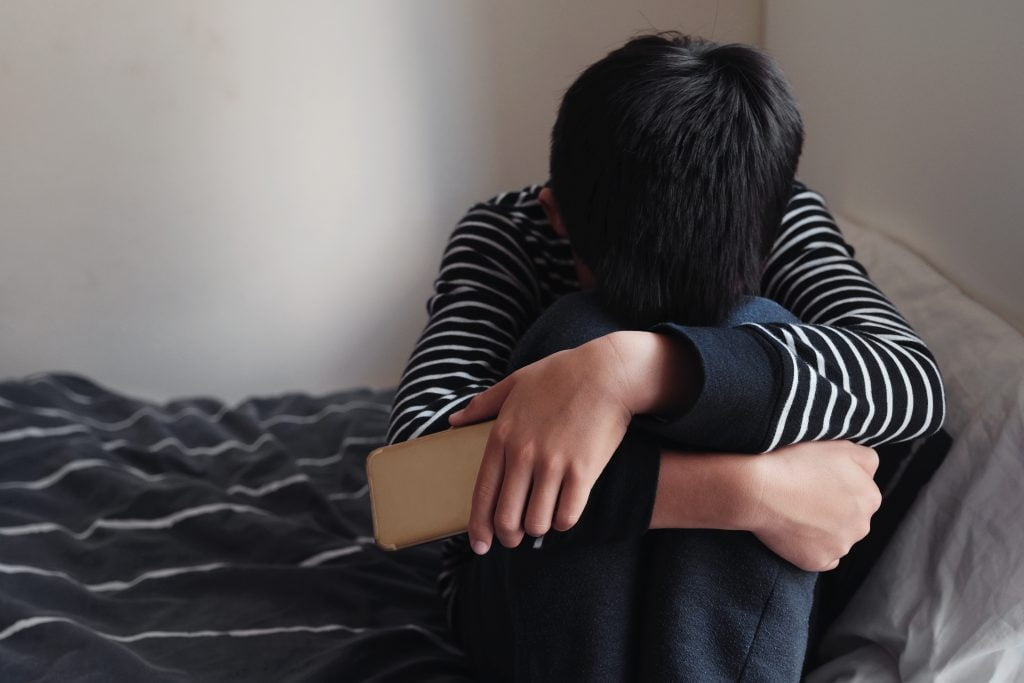Human trafficking, commonly referred to as modern-day slavery, is happening to children and adults in our neighborhoods, along the roadways we travel, and at vacation destinations. It is happening right under our noses, and we are missing it.
Human trafficking has two general purposes: forced labor or commercial sex. Typically, forced labor is seen in personal service businesses (massage parlors, nail salons), agriculture/farming, and domestic work, while the commercial sex trade happens at homes, hotels, motels, truck or rest stops, and popular sporting events like the Superbowl.
Many individuals who are trafficked are threatened, coerced, or even kidnapped – but, more and more, they are lulled through trickery, romance, or the involvement of a loved one in an inescapable situation. Traffickers work in teams comprised of men, women, and even children who are assigned specific roles, such as recruiter, enforcer, transporter, etc. Boys and men make up almost thirty percent of all victims trafficked.
When a child is targeted for human trafficking, force, fraud, or coercion may not be necessary – but it is always illegal. Traffickers view children as easy targets – easier to trick, easier to transport, easier to sell, and much less likely to report or know of resources that can help. Children who run away, are in foster care, or who have already been abused are at heightened risk of being trafficked.
As many businesses have adapted their business models during COVID, so have traffickers. Online networks of traffickers have been found on social media, online gaming, and popular dating apps. Here, they try to gain personal information, compromising pictures, or videos they can use to bribe or otherwise force someone into human trafficking. With the growth of virtual banking and currency, the sale of human beings is increasingly convenient and difficult to detect.
Unlike other commodities that are trafficked, such as drugs or guns, human beings can be sold repeatedly. It is a $150 billion a year business, with $99 billion from sex trafficking alone. Human trafficking revenue exceeds the illegal gun/arms trade and is on track to exceed the drug trade.
The average age of entry into the illegal sex trade is 12-14. Sadly, the life span for a trafficked person does not typically exceed seven years.
We can stop this. Here’s how you can help:
- Get trained
- Remain vigilant
- Report suspected trafficking
If you or someone you know is being or at-risk of being trafficked, please call the human trafficking hotline at 1-888-373-7888; TTY: 711; Text: 233733 or visit https://humantraffickinghotline.org/.

Workshop — Grooming Children, Families, and Organizations
During this 60-minute workshop, adults will learn how predators groom children, families, and organizations to isolate and abuse their victims. With the use of case studies, participants will learn the signs of grooming and the strategies predators use to find and lure victims. Register now at www.BeauBidenFoundation.org/Workshops.

Want to learn how to protect children from online predators?
There are 500,000 child predators online every day. Keeping tabs on a child’s digital life can be daunting. You can help protect children and combat predators online with the Beau Biden Foundation’s FREE series of eBooks. Download Now at www.BeauBidenFoundation.org/eBooks.
